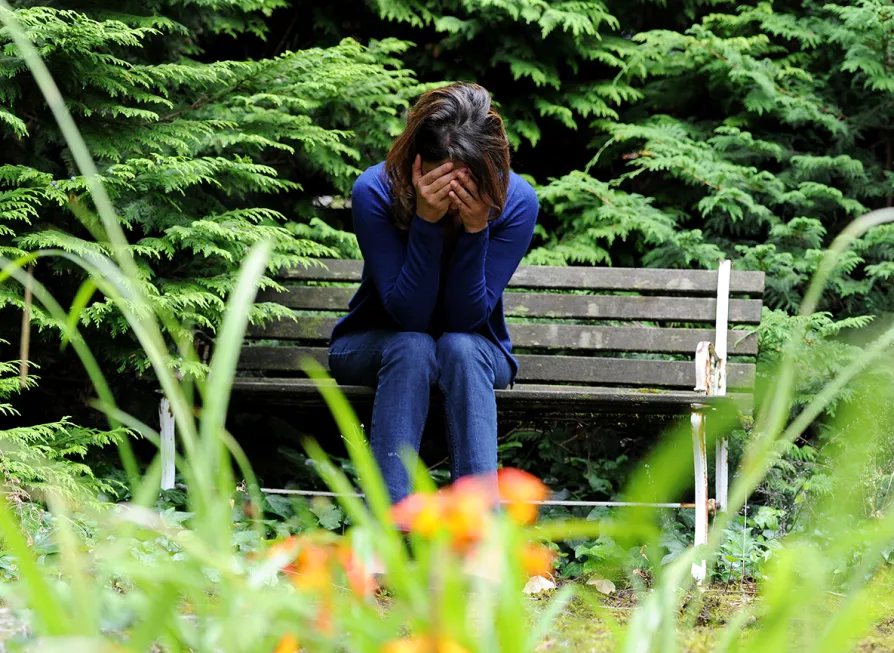Far more women becoming too sick to work, TUC warns

FAR more women are being forced by long-term sickness to give up work than their male counterparts, new research suggests.
The number of women who are economically inactive due to long-term sickness has risen by 502,883 from five years ago, according to a TUC analysis published today.
For males, the figure was significantly lower, at 347,379, the analysis of official figures showed.
More from this author

Palestine Solidarity Campaign director Ben Jamal denies breaching anti-protest laws
Similar stories
















